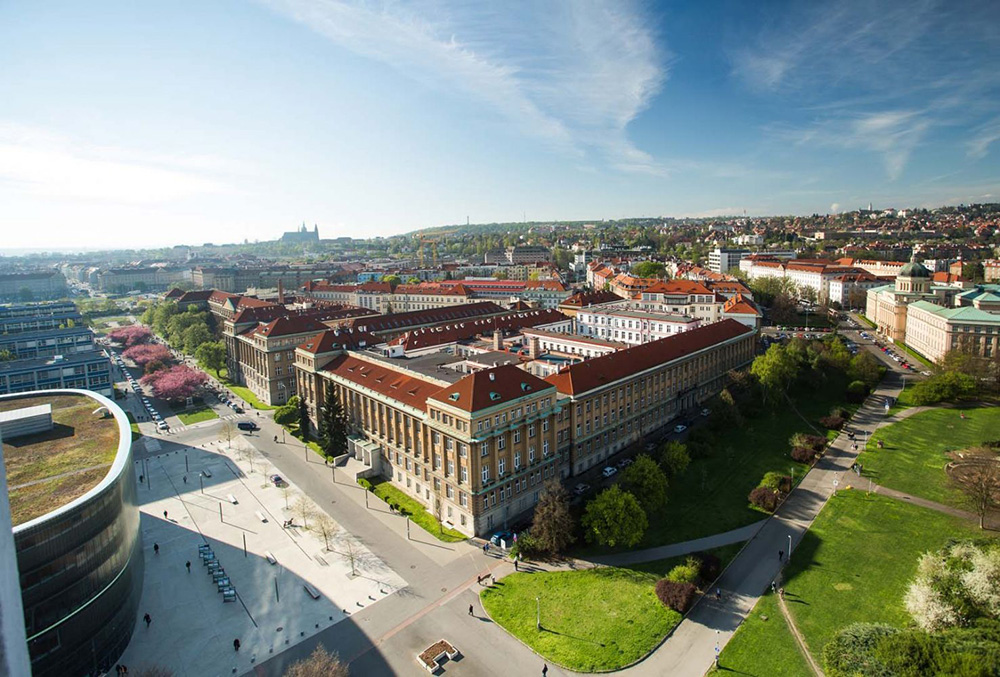Researchers from the University of Chemistry and Technology in Prague found new possibilities for use of garlic compounds. “Garlic is a well-known example of natural self-defense system consisting of an inactive substrate (alliin) and enzyme (alliinase) which, when combined, produce highly antimicrobial allicin.” says researcher, Ondrej Kaspar.

Ing. Ondřej Kašpar, Ph.D. from University of Chemistry and Technology in Prague
The potential use of environmentally friendly and time-proved Allium chemistry in human or veterinary medicine (treatment of bacterial infections, reduction of blood pressure) or agriculture (plant protection, urease inhibitors in fertilizers) is great, and we believe, that the findings presented here will contribute towards the development of nature-based products harnessing the volatile nature of highly potent allicin. Increase of alliinase stability and its activity are of paramount importance in various applications relying on its use for in-situ synthesis of allicin or its analogs, e.g., pulmonary drug delivery, treatment of superficial injuries, or urease inhibitors in fertilizers.
According to researchers from the University of Chemistry and Technology in Prague alliinase, an enzyme found in garlic and other plants of genus Allium in exceptionally high concentrations is responsible for the formation of bioactive compound allicin from stable precursor alliin. This reaction serves as a self-defense mechanism of Allium plants initiated when a cellular structure is compromised, and the initially separated enzyme and the substrate are mixed. A combination of the short half-life, high reactivity, and non-specificity to particular proteins is the reason most bacteria, and other pathogens cannot deal with the allicin mode of action and develop effective defense mechanisms. It has been reported that the development of bacterial resistance against potent, but highly reactive and unstable allicin is more than 1000 times slower compared to other antibiotics. In order to harness the enzymatic production of allicin or its analogs on an industrial scale without significant loss of enzyme activity, its response to various environmental conditions accompanying enzyme extraction, purification, and storage must be examined and comprehensively detailed.
See more in an original research article published in Plos One.
The University of Chemistry and Technology, Prague is a natural centre of first-rate study and research in the area of chemistry in Czechia and is one of the country’s largest educational and research institutions focused on technical chemistry, chemical and biochemical technologies, material and chemical engineering, food chemistry, and environmental studies.

© University of Chemistry and Technology





